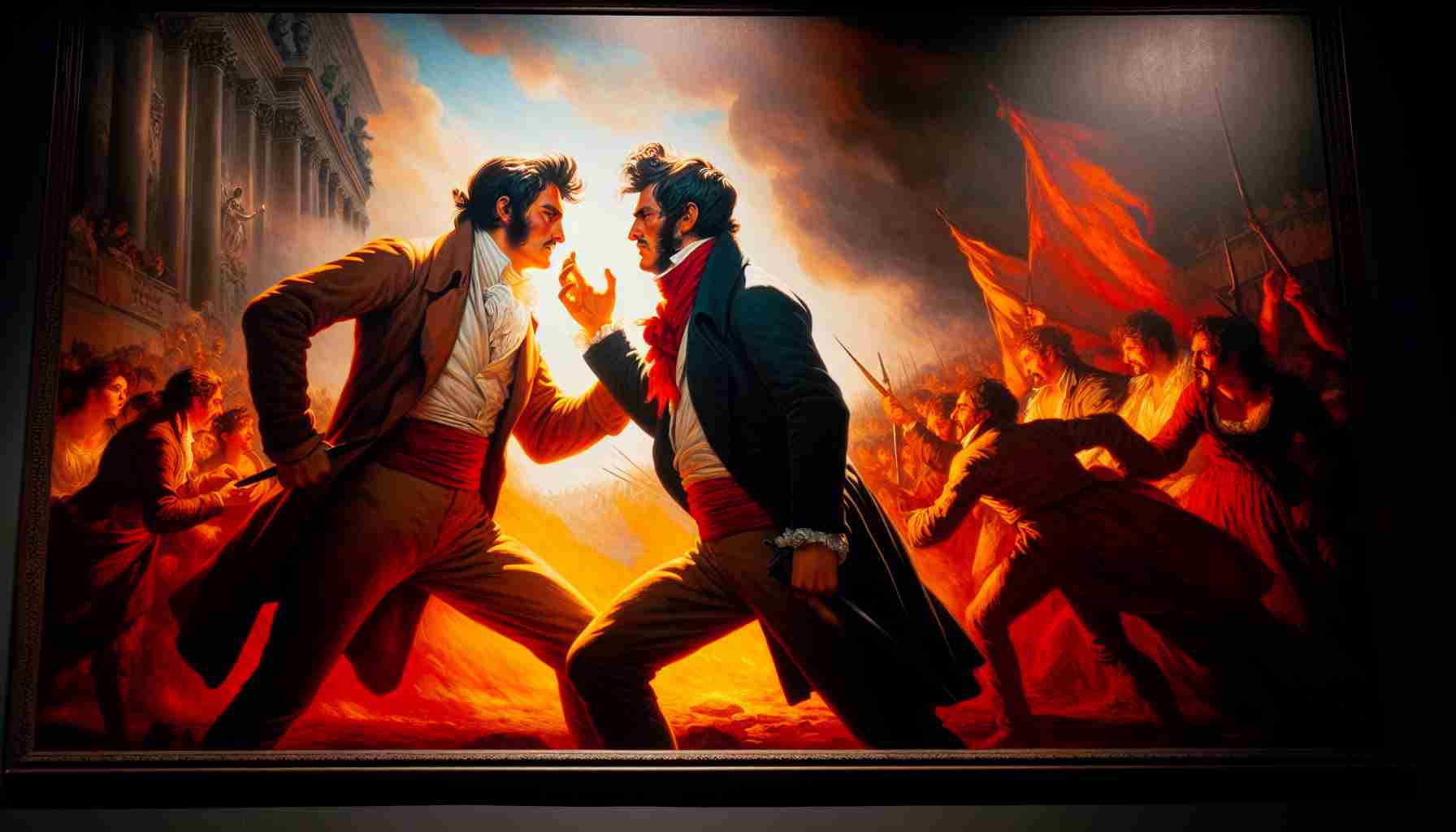- A historic tie at the Goya Awards saw both El 47 and La Infiltrada win Best Picture, despite their contrasting themes.
- El 47 explores the struggles of an immigrant in Barcelona, highlighting issues of social hierarchy and the Catalan elite.
- Critics of El 47 argue it romanticizes Catalan characters while downplaying immigrant challenges.
- La Infiltrada follows a policewoman infiltrating ETA, focusing on personal heroism against systemic oppression.
- Produced by Santiago Segura and María Luisa Gutiérrez, La Infiltrada is praised for its authentic storytelling.
- The awards prompt reflection on the role of art in truth-telling and historical narrative portrayal.
In an extraordinary twist, the Goya Awards witnessed a historic tie as two polar-opposite films, El 47 and La Infiltrada, seized the coveted Best Picture accolade. These cinematic powerhouses, praised for their gripping narratives and formidable performances, diverged sharply in their portrayal of Spain’s long-standing tensions involving Catalan and Basque nationalism.
On one hand, El 47 pulls viewers into the gritty world of an immigrant bus driver in Barcelona, striving for survival amidst the entrenched Catalan elite. It paints a controversial picture where the oppressive societal hierarchy resembles a medieval caste system. Critics argue that the film romanticizes its Catalan characters while undermining the harsh realities faced by immigrants.
On the other hand, La Infiltrada delivers a raw, unflinching narrative centered around a brave policewoman who infiltrates ETA, the infamous separatist group. Produced by Santiago Segura and María Luisa Gutiérrez, this film emphasizes the importance of individual heroism against systemic oppression and showcases a vivid repudiation of nationalistic fervor.
Segura, often criticized within the film industry for his candid humor and critiques of Spanish cinema’s reliance on state funding, emerges as a contentious figure. Yet, his production of La Infiltrada serves as a testament to the power of truth in storytelling. While El 47 is accused of visual deceit, La Infiltrada is celebrated for its commitment to authenticity, embodying the union of beauty, goodness, and truth.
As the dust settles, audiences are left to discern between a narrative that seeks to blur history and one that dares to reveal it. It’s a cinematic duel that challenges us to reflect on art’s role in truth-telling.
Inside the Goya Awards: A Historic Tie Unveils Spain’s Cinematic Battle
How Did the Goya Awards Result in a Tie?
In an unprecedented event, the Goya Awards, Spain’s top film honors, witnessed a tie in the prestigious Best Picture category, awarded to the films El 47 and La Infiltrada. This head-turning outcome marks a significant moment in Spanish cinema, reflecting both diverse storytelling and contentious issues in Spain’s sociopolitical landscape.
What Are the Themes and Controversies Surrounding these Films?
– El 47 explores themes of class struggle and immigration, set within the context of Catalan nationalism. Directed by emerging auteur Luis Pérez, the film has sparked debate for its portrayal of immigrants and Catalan elitism. Critics have noted the film’s luxurious depiction of Catalan characters as a deviation from Spain’s grim economic realities.
– La Infiltrada, produced by Santiago Segura and María Luisa Gutiérrez, ventures into the perilous domain of Basque nationalism through the story of a policewoman infiltrating the ETA. Known for its stark realism and bold narrative, it highlights individual heroism and serves as a critique of fervent nationalism.
Who is Santiago Segura and Why is He Controversial?
Santiago Segura, a well-known figure in Spanish cinema, is recognized for his straightforward humor and critique of the industry’s dependency on government subsidies. Despite his contentious reputation, Segura’s involvement in La Infiltrada underscores his commitment to narrative authenticity, blending poignant storytelling with societal critique.
What Are the Critics Saying?
Critics have lauded La Infiltrada for its integrity and raw storytelling, while El 47 has been accused of romanticizing Catalan culture. This contrast raises questions on how art can interpret and influence public perception of history and politics.
What Do These Films Mean for the Future of Spanish Cinema?
The shared accolade for these films suggests a burgeoning trend of confronting national issues through cinema. Spanish filmmakers are increasingly bold in dissecting cultural and historical narratives, which may influence international perceptions and inspire global filmmakers.
Predictions for Spanish Cinema
The success of El 47 and La Infiltrada may lead to a deeper exploration of Spain’s historical and cultural complexities in films. The growing emphasis on authentic storytelling might trigger a renaissance in Spanish cinema, fostering rich narratives that resonate globally.
For more information on Spanish cinema and its impact, see [Spanish Film Academy](https://www.academiadecine.com).
How Can These Films Be Accessed?
While details on wide releases are still forthcoming, viewers interested in exploring these films should keep an eye on major streaming platforms and international film festivals where Spanish cinema is celebrated.



















